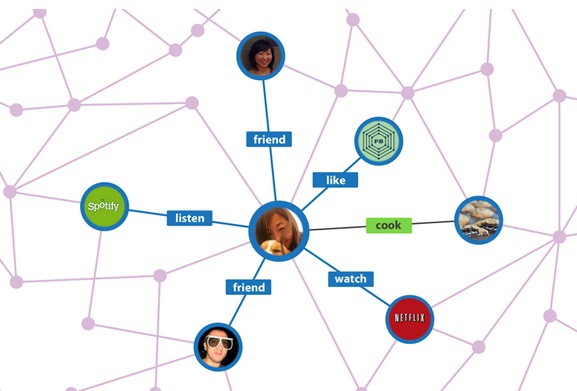 When Facebook announced the Open Graph at the f8 conference last September, marketers immediately realized that the additional Facebook actions would eventually lead to new marketing options as a result of increased social context. Now, Inside Facebook is reporting that Facebook is testing a new type of Sponsored Story that is based on Open Graph actions. The marketing test, which involves a limited number of Facebook marketers, was recently confirmed by a Facebook spokesperson.
When Facebook announced the Open Graph at the f8 conference last September, marketers immediately realized that the additional Facebook actions would eventually lead to new marketing options as a result of increased social context. Now, Inside Facebook is reporting that Facebook is testing a new type of Sponsored Story that is based on Open Graph actions. The marketing test, which involves a limited number of Facebook marketers, was recently confirmed by a Facebook spokesperson.
When a Facebook user reads a story or listens to a song, the new test allows advertisers to target the Facebook user with a Sponsored Story even if the advertiser does not own the app the user was accessing the content through. Even if a user fits the target demographic of an advertising campaign, if they do not have friends who have viewed, listened to, or watched a particular piece of content, the user will not see a Sponsored Story promoting the content. While this “social context” aspect does produce compelling call-to-action and ad, it also can severely limit the number of people that are exposed to the ad.
Inside Facebook, who initially broke this story, indicated that they felt this advertising method may be premature and less than ideal:
“It makes little sense for labels to pay per click to promote Spotify listens when they cannot get any data from Facebook about whether users listened to the whole song or then listened to another song by the same artist. Worse, there’s nothing to drive people to buy the whole album, concert tickets or other merchandise.”
With the Facebook IPO expected in the near future, this new Facebook ad trial may be focused more on demonstrating a commitment to long-term revenue for investors than providing a new service for advertisers. At this time, Facebook has not included its Ads API partners or indicated when the new actions-based Sponsored Stories will be available to the public.
Although Facebook is intentionally developing an interesting advertising model that will have wide appeal at some point in the future, this new advertising method appears to be difficult to measure and ahead of its time.
[Sources Include: Inside Facebook, Econsultancy, & ClickZ]




![AI Overviews: We Reverse-Engineered Them So You Don't Have To [+ What You Need To Do Next]](https://www.searchenginejournal.com/wp-content/uploads/2025/04/sidebar1x-455.png)